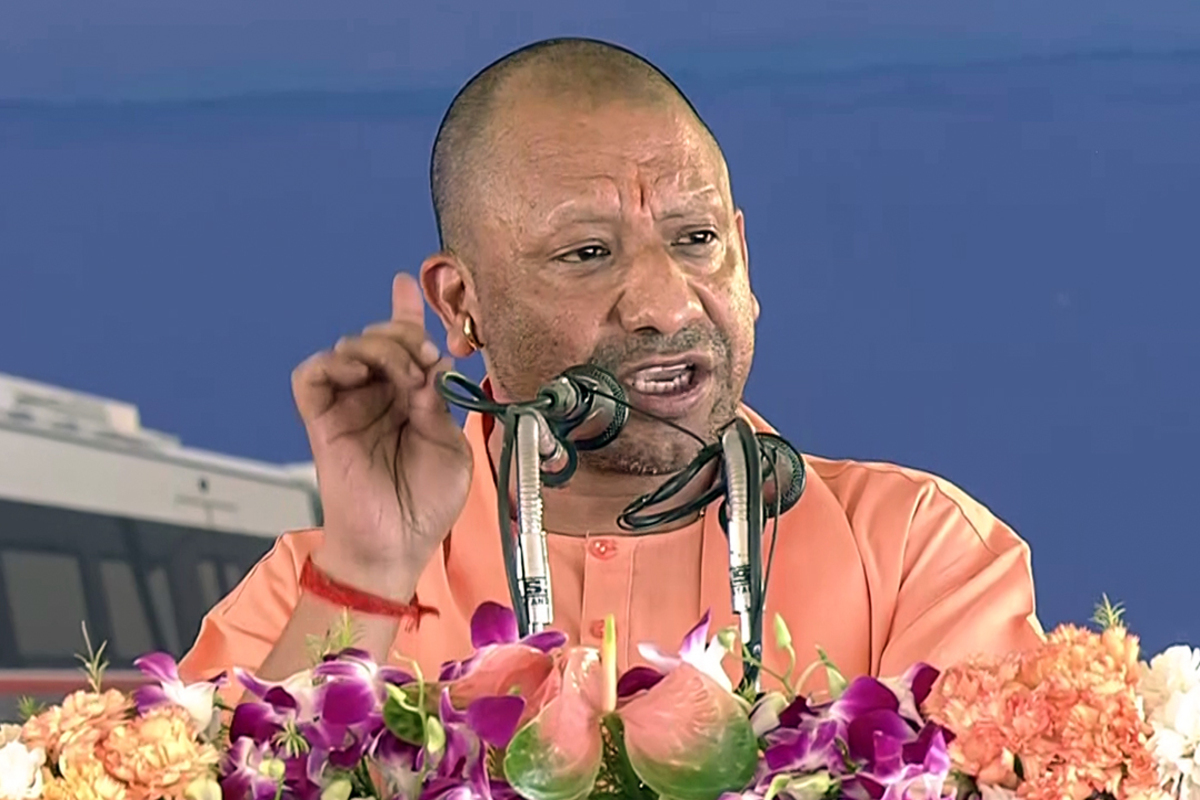Building on its track record of effectively combating diseases such as Covid, TB, and encephalitis, the Yogi government has launched the National Deworming Campaign across 66 districts to free the state of diseases caused by worms.
Under this campaign, the state government is committed to distributing Albendazole tablets to 8.66 crore children and youths — aged 1 to19 years across 66 districts over the next year. This initiative places particular emphasis on private educational institutions during the specified period.
Advertisement
Additionally, in various districts, Albendazole administration will be integrated into the wider mass drug administration campaign, specifically designed for the eradication of filariasis. Commencing on February 10, this effort underscores government’s commitment to addressing public health challenges at both a broad and targeted level.
National Child Health Programme General Manager Dr Manoj Shukla said here on Thursday that with the help of local Anganwadi workers in the districts, medicines were being given to registered children aged one to five years and non-school going boys and girls aged between 6 years to 19 years. Besides, teachers have been directed to ensure that students aged 6 to 19 years consume the medicine, he added.
He further informed that in juvenile homes, the dose of Albendazole is being given to the teenagers through the Superintendent-in-Charge. Notably, the medicine has to be chewed and should not be given to a child or adolescent suffering from a serious illness. Younger children may have difficulty swallowing the pill, so they are fed crushed pills.
As part of the campaign, Chief Minister Yogi Adityanath has directed that pills should be given to children in schools after lunch. This pill is not harmful for children in any way.
Additionally, during the campaign, a mop-up round will be organised on February 5 for children and adolescents exempt from taking medicine. This medicine will have to be consumed either by chewing or in powder form after crushing it in front of the health team itself. Medicine will not be given to any child or family member for later consumption.
During the deworming campaign in August last year, the medicine was administered to 5.56 crore youngsters in 542 blocks of 53 districts of the state against the target of 7.03 crore children and adolescents, achieving 79 per cent of the target. No adverse events were reported in any block during this period.
Deworming helps in improving health and nutrition, strengthens the immune system and keeps anemia in control. It also enhances the learning ability of children.
Children often pick up things from the ground and consume them. They sometimes walk barefoot on contaminated areas, leading to the development of worms in their stomachs. This causes the child to become physically and mentally weak, and they may suffer from anemia. Taking Albendazole eliminates these worms from the stomach, increasing the body’s iron absorption capacity and alleviating anemia.
Symptoms of worm infection include stomach pain, diarrhea, weakness, vomiting, and loss of appetite. Mildly infected children usually do not show any symptoms.











